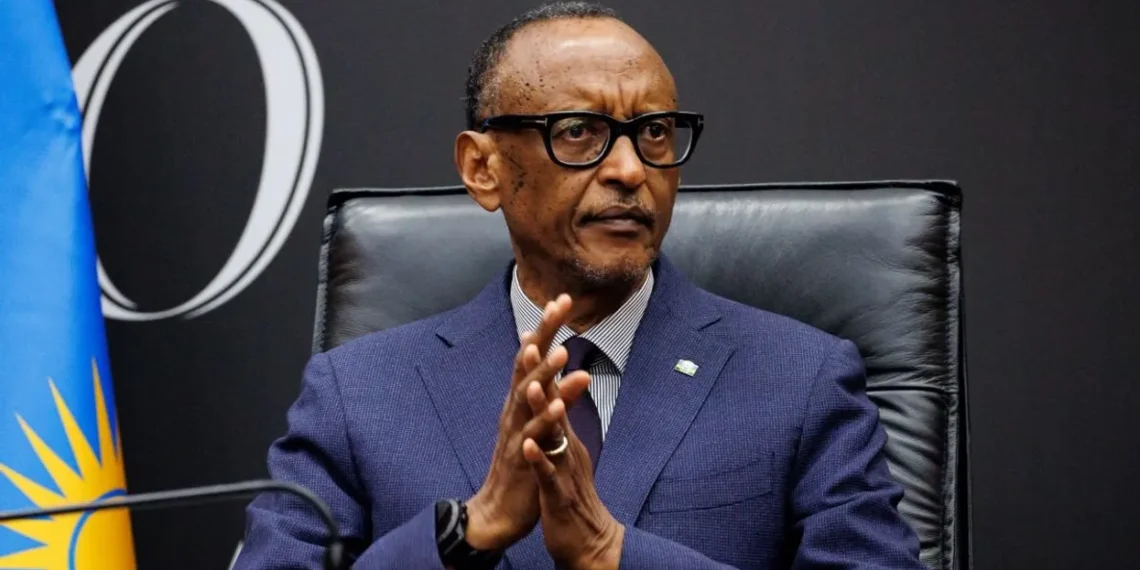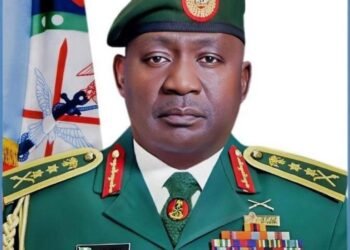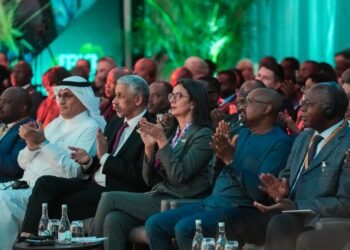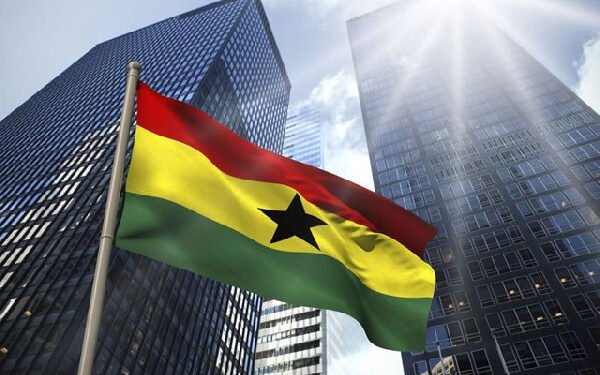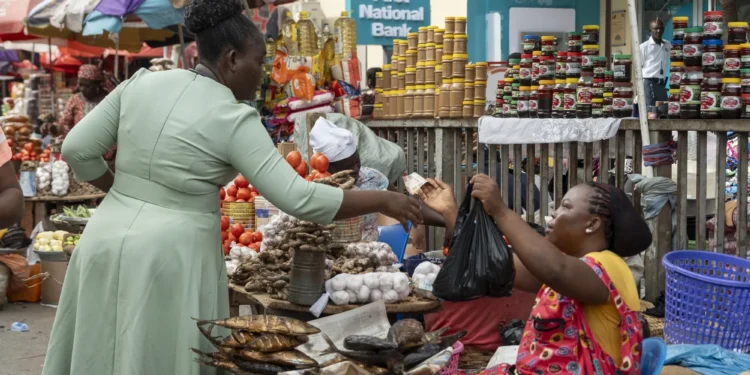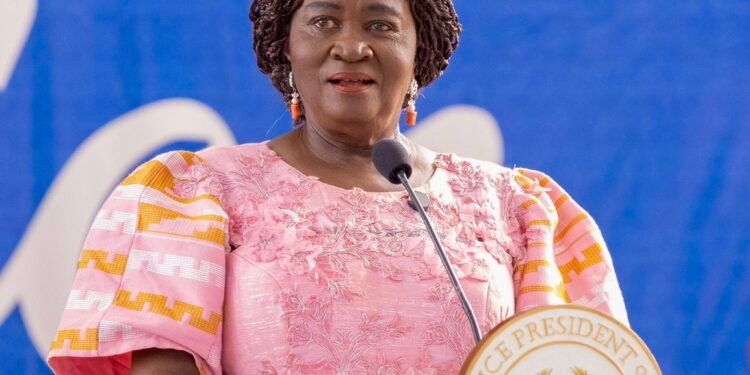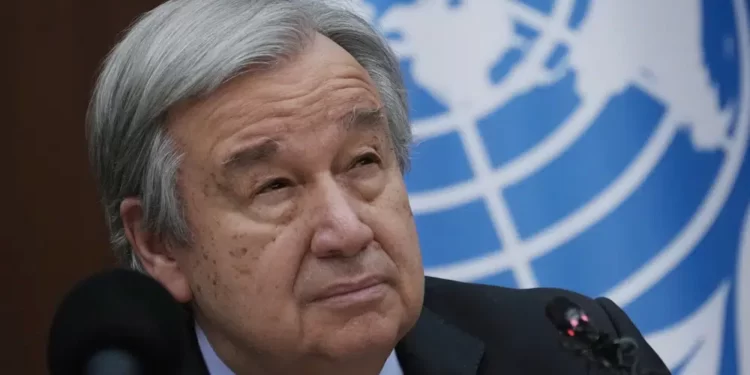Rwandan President Paul Kagame has appointed Dr. Justin Nsengiyumva as the country’s new Prime Minister, succeeding Dr. Édouard Ngirente, who has held the post since 2017.
The announcement was made by the Government Communications Office, which read: “His Excellency Paul Kagame, President of the Republic of Rwanda, has today appointed Dr. Justin Nsengiyumva as Prime Minister.”
Dr. Nsengiyumva is a seasoned economist with a PhD from the University of Leicester. His appointment follows a career spanning over two decades in both Rwanda and the United Kingdom, where he occupied senior economic advisory roles. Until recently, he was Deputy Governor of the National Bank of Rwanda, a post he had held since February 2025.

His experience within the UK government includes serving as a Senior Economic Advisor in the Office of Rail and Road, as well as working with the Department for Work and Pensions. In Rwanda, he previously held top administrative positions, including Permanent Secretary at the Ministry of Trade and Industry from 2005 to 2008, and at the Ministry of Education in 2008. In the latter role, he played a key part in Rwanda’s shift from French to English as the primary language of instruction in schools.
Dr. Édouard Ngirente, now stepping down, expressed gratitude for his time in office, calling it a period of significant personal and professional growth.
“I am so grateful to H.E. Paul Kagame for the honour of serving as the Prime Minister of our beloved Rwanda for the last 8 years. This journey has been deeply enriching, filled with growth, guidance, and purpose.
“Mr. President, I wish to express my deepest gratitude for the opportunity you gave me to serve my country and for being such an inspiring mentor throughout this journey. It’s a chapter I’ll always carry with pride.”
Dr. Édouard Ngirente
Rwanda’s Economy Continues Growth Path
The leadership change comes as Rwanda continues to experience robust economic growth in 2025. According to the National Institute of Statistics of Rwanda, the country’s real GDP expanded by 7.8% in the first quarter of the year. GDP at current market prices surged to Frw 5,255 billion, up from Frw 4,486 billion in 2024, maintaining Rwanda’s reputation as one of Africa’s fastest-growing economies.
The services sector led growth by contributing 46% to the GDP, while agriculture and industry contributed 24% and 23% respectively. The government is working toward more ambitious goals set under its Second National Strategy for Transformation (NST2), which targets a 9.3% annual GDP increase as part of its broader poverty reduction and development agenda.
Nonetheless, concerns persist over the uneven distribution of economic gains. Job creation has not kept pace with the economic expansion, and income inequality remains a pressing issue. The government aims to address these challenges by promoting private sector development, enhancing agricultural productivity, and boosting regional economic integration.
From a governance standpoint, Rwanda remains highly centralized. President Kagame holds sweeping powers, including the authority to appoint the Prime Minister and dissolve parliament. Though constitutional checks exist within Rwanda’s bicameral legislature—comprising the Senate and Chamber of Deputies—critics contend that the political landscape is tightly controlled by the ruling Rwandan Patriotic Front, leaving limited space for opposition voices.
Even so, the country’s political stability and disciplined policymaking continue to be credited for Rwanda’s economic success. Dr. Nsengiyumva’s appointment signals continuity in the administration’s commitment to reform and growth, with expectations that he will help steer the nation through its next phase of transformation.
READ ALSO: NDC Surges As NPP Slips In Ethnic Polls

